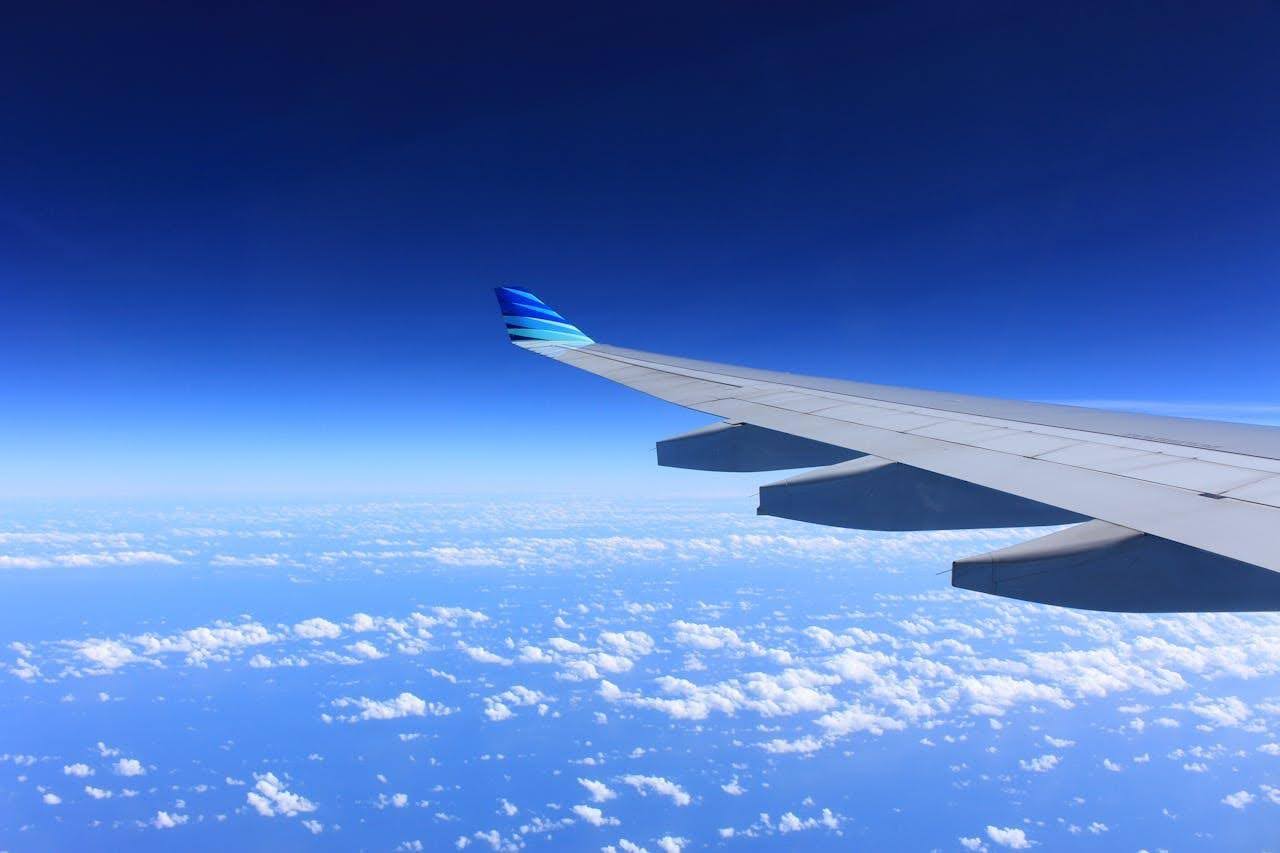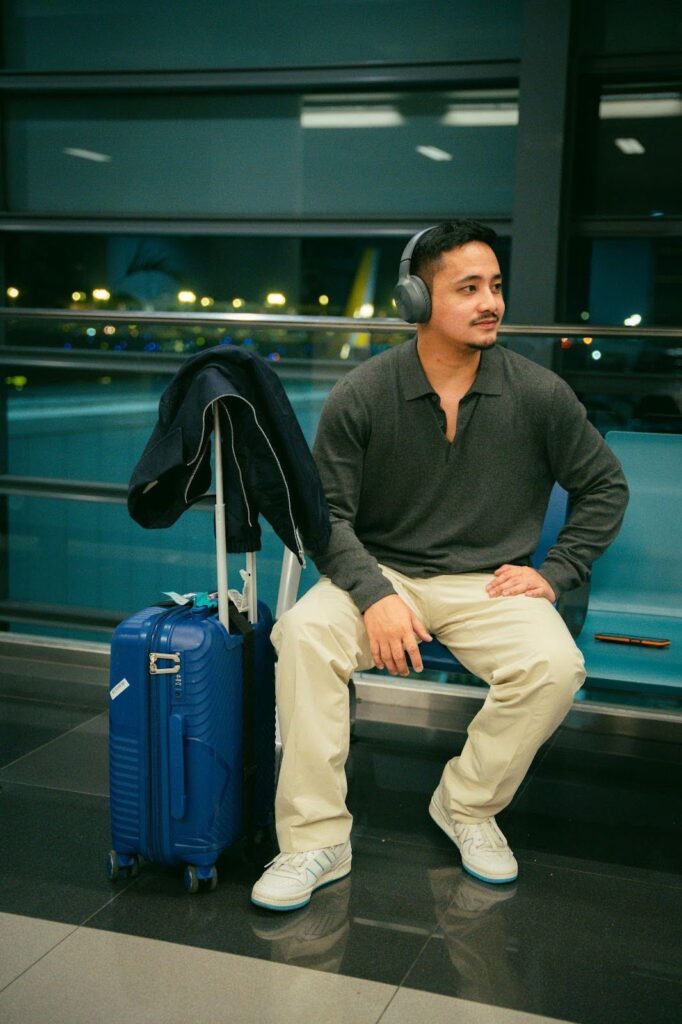For many people, travel used to mean a break from routine or a chance to explore somewhere new. But these days, the journey itself feels harder than ever. Whether it’s the long hours in transit, the struggle to adjust to new time zones, or the constant delays, travel isn’t always as rewarding as it once seemed. Some people even compare the experience to a gamble, where the outcome is uncertain — click here and you’ll understand how the unpredictability of a trip can feel a lot like placing a bet.
What Jet Lag Really Does
Jet lag affects most people who cross several time zones, and it doesn’t just mean being a little tired. It can mess with sleep, focus, and even mood. You land in a new place but spend the first few days half-awake or wide-eyed at 3 a.m., wondering when you’ll feel normal again.
It can be hard to enjoy a trip when your body isn’t on board with your schedule. Some people try to adjust ahead of time or use sleep aids, but there’s no quick fix. And when travel is short—like a long weekend—it’s possible you spend more time recovering than relaxing.
Delays: More Than Just an Inconvenience
Flight delays aren’t rare anymore. They’ve become a regular part of the process. Bad weather, staffing shortages, or missed connections can all stretch a trip by hours or even days. That lost time isn’t just frustrating—it can throw off plans, cost money, and add stress.
If you’re already burned out before the trip, sitting in an airport for hours waiting on updates won’t help. And once you arrive, it’s harder to shake off that sense of being behind schedule or off balance. People now build in “buffer days” or stick to direct routes to reduce the chance of delays, but even that doesn’t always work.
When Travel Starts to Feel Like Work
The idea that travel is always relaxing or fun isn’t always true. Planning every detail, getting from place to place, trying to stay safe, and making sure nothing goes wrong—these things add up. For some people, especially those working remotely while traveling, it can start to feel like they never really unplug.
Even on vacation, there’s pressure to stay active, take photos, post updates, and make the most of every moment. That kind of constant engagement can be exhausting. Instead of coming back rested, many return needing time to recover from the trip itself.

Expectations vs. Reality
So what changed? Travel has become more accessible, but also more crowded, rushed, and unpredictable. With cheap flights and fast internet, it’s easier to go far, but harder to disconnect or slow down. The dream of travel remains, but the experience doesn’t always match it.
Some people are starting to reconsider what travel is supposed to do for them. If it’s not actually offering rest or new perspective, is it still worth the time, money, and effort?
A Shift in Approach
More travelers are moving toward slower, more focused trips. Staying in one place longer, skipping packed itineraries, or even taking fewer trips overall is becoming more common. It’s less about ticking off a list of places and more about being present wherever you are.
This kind of approach doesn’t erase the challenges—jet lag and delays still exist—but it helps reduce the burnout that often follows a rushed trip. It’s also more flexible, which makes it easier to adapt when things go wrong.
The Bottom Line
Is travel still worth it? That depends on what you want from it. If you’re chasing rest, a packed itinerary and back-to-back flights might not deliver. But if you go in with realistic expectations and a plan to slow down, travel can still bring a change of scenery, new experiences, and a break from the usual routine.
Like most things, travel is what you make of it. It won’t always go smoothly, and it won’t always leave you feeling refreshed. But with some thought and a shift in how we approach it, it can still be meaningful—even if it’s not perfect.
